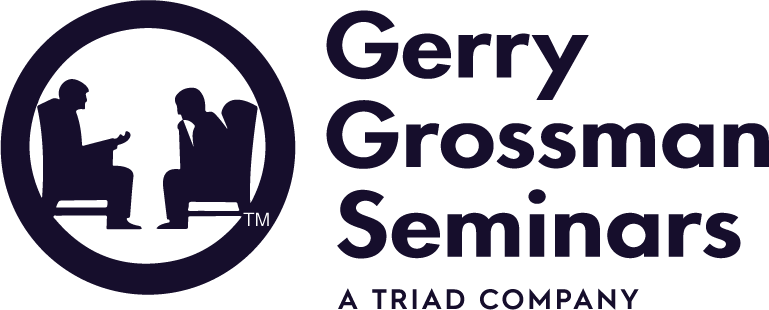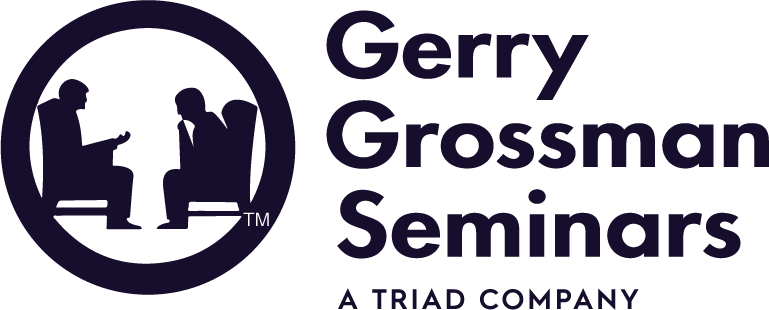

Your attitude towards yourself and towards the exam affects whether you have a positive or a negative experience during the study and exam process. Taking care of your physical and emotional needs during the preparation period is critical to putting yourself in the best position to succeed. Leave plenty of time to study and practice exam-type questions so that you don't get into a situation of having to do last minute cramming. This will help to boost your confidence and reduce your pre-exam stress. Develop a timetable so that you can track and monitor your progress.
Make sure you allow time for fun and relaxation so that you avoid burning out. Take breaks. As soon as you notice your mind is losing concentration, take a short break. Move around, use the bathroom, or get something to eat or drink that will allow you to come back to your study refreshed. Take care of your body. Don't drink too much coffee, tea and fizzy drinks - the caffeine will 'hype' you and make your thinking less clear. Eat healthy and regularly; your brain will benefit from the nutrients. Regular moderate exercise will boost your energy, clear your mind and reduce any feelings of stress. Try out some yoga, tai chi or relaxation techniques. They will help to keep you feeling calm and balanced, improve your concentration levels and help you to sleep better.
Believe in yourself. You wouldn't have gotten this far if you didn't have the ability. If you prepare for the exam properly you should do fine, meaning that there is no need to worry excessively. Whatever study path you choose, make a conscious choice to walk in as prepared as you can be. Do everything that makes sense so that the day you take your exam you feel that you have done the best job you can to prepare. The last thing you want to do is walk into your exam underprepared and fail it. There is such a thing as over-preparedness as well – it’s called burn-out.
The time to take your exam is right before you start to burn-out, but after you’ve done the absolute MOST to be as prepared as you can possibly be. Don't try to be perfect. It's great to succeed and reach for the stars but keep things in balance. If you think that "anything less than A+ means I've failed," then you are creating mountains of unnecessary stress for yourself. Aim to do your best but recognize that none of us can be perfect all of the time. It is very likely that no one gets 100% on their exam.
Be proactive. If you find you don't understand some of the material or are getting consistently lower scores than you would like, getting stressed out won't help. Instead, take action to address the problem directly by asking for consultation or talking with other candidates about your process. Reframe the process. Instead of thinking of the exam as “do or die” events or some kind of torture, reframe the exam for yourself as an opportunity to review material that you haven’t thought about in a long time (probably since graduate school), a chance to be exposed to interesting new ideas, and best of all, an opportunity to consolidate and sharpen your thinking and refine your ideas about what it takes to do therapy. The process of preparing for the exams will make you a better clinician. Keep things in perspective. The exam might seem like the most crucial thing in your life right now, but in the grander scheme of your whole life it is only a small part.



